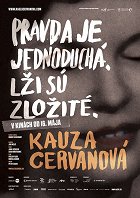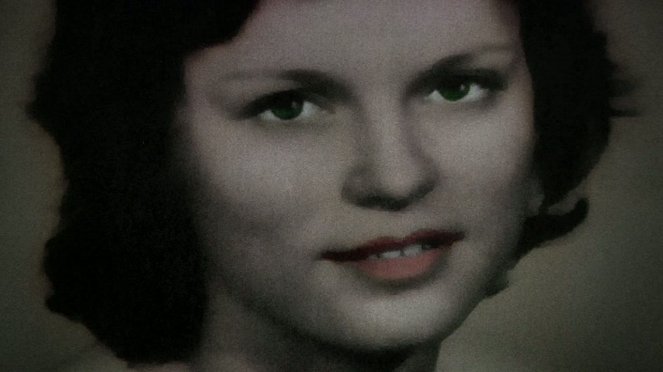Rendező:
Robert KirchhoffForgatókönyvíró:
Robert KirchhoffOperatőr:
Ján MelišZeneszerző:
Peter ZagarSzereplők:
Roman BrázdaTartalmak(1)
Detective story made by Slovak documentary director Robert Kirchhoff which has taken eight years. He ventures into the dark depths of this unresolved and highly covered-up case of kidnapping, rape and murder of a young woman, which has also important political context. The case is familiar to perhaps everyone in Slovakia. In the film Kirchhoff delves into the strange and shocking circumstances of the case, uncovering secret files, intelligence ploys of the communist police and the political elites. He interviews witnesses who have never appeared in front of the court. He brings to the surface hard to believe facts and new findings about this case - one of the biggest traumas of Slovak justice. Last but not least, he recounts the life stories of seven men accused of the murder for whom the case has become a life-long burden and never ending nightmare. (forgalmazó hivatalos szövege)
(több)Recenziók (1)
I will set aside "what it is about" for a moment and instead focus on "how". Normalization is a documentary metaphysical detective story that lacks a solid argumentative / descriptive structure and tends to prefer flimsy monologues, dialogues dominated by the investigators' reluctance to motivate events, the defendants' emotions or poor witness memory. The documentary filmmaker himself admits to bias, sometimes arranging the situations too scornfully (when he brings their opponent amongst the godly pathologists, who chatter like they are out having coffee, who then takes them out of the autopsy room in a moment). The camera, the work with lyrical shots and the rather morbid sound design, which adds a touch of modern tragedy, are very solid. Great moments seemingly too unrelated to the testimony complete the raw impression - most notably a storm accompanying the "killers" to Hríb in a session or the dark deserted corridor of the court, where the creator comes to look for answers. And now to the testimony itself: Kirchhoff is on the side of the convicted. He does not hide it, and the other party refuses the word or answers incompetently and unconvincingly. I don't blame Normalization at all for its commitment, because it's fine. Moreover, it does not idealize its heroes in any way - their manner is natural (although sometimes pathetic). In fact, I have only one reservation, in addition to the purely technical reservations - when Normalization defends its version of the case, it should at least indicate the answer as to why the investigators at the time arranged such a breakneck conspiracy. If one does not like when the investigator at the time is unable to answer "what was the motive of the convicted persons", he should measure in the same way this extremely sympathetic and suggestive documentary with a really disturbing overlap. If you've ever wondered why we should cling to "beyond a reasonable doubt," Normalization presents a rather chilling answer. Even that which the other party brought out of the secret file as a counter-argument does not dispel the doubts. Perhaps the repression of the two regimes destroyed the lives of seven people. We can only speculate about the reasons.
()

